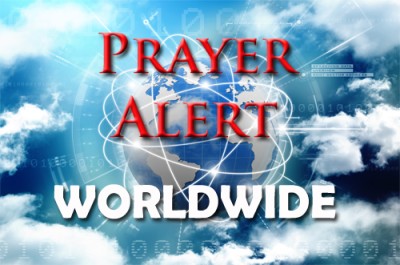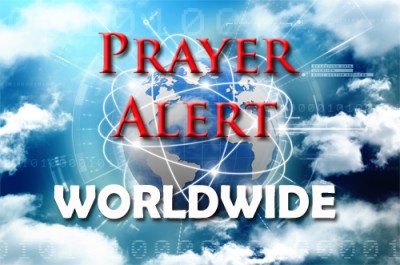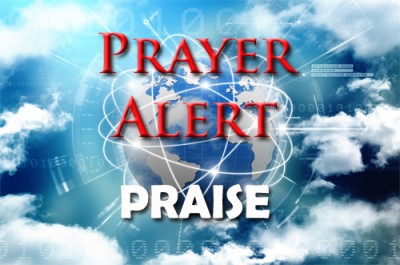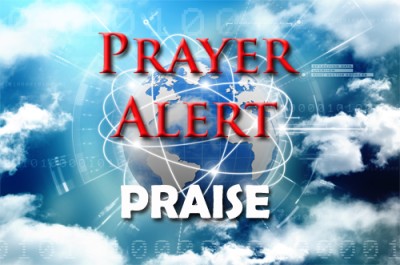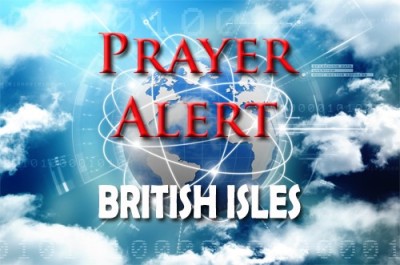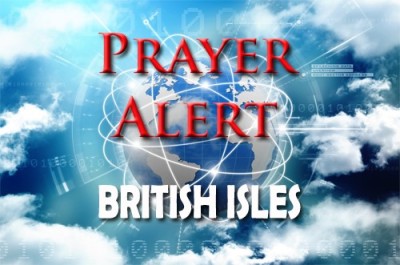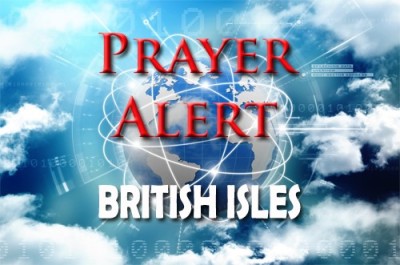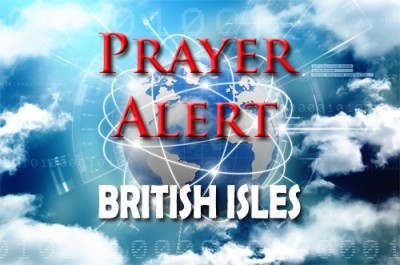Innovator Joseph Nguthiru has turned a personal challenge into an award-winning environmental enterprise. In 2021, he and classmates were stranded for hours on Lake Naivasha when water hyacinth, a weed that disrupts fishing, navigation, and irrigation worldwide, blocked their boat. That incident inspired their engineering project to convert the invasive plant into biodegradable products. Nguthiru envisioned ‘one problem solving another’, so launched HyaPak Ecotech Ltd to create eco-friendly alternatives to single-use plastics, including packaging bags and seedling wrappers. HyaPak has already removed over 700 kilograms of hyacinth and partnered with Kenya’s government in a programme to plant 15 billion trees over ten years. Nguthiru has also invented a solar dryer, reviving Kenya’s pyrethrum farming, and leads Adopt a River, which has cleared more than three tons of river waste while educating communities on climate action. He believes lasting change requires grassroots involvement, proving innovation and community engagement can drive sustainable solutions.
Colombian president Gustavo Petro has condemned recent US airstrikes on alleged drug-smuggling boats in the Caribbean, calling them an ‘act of tyranny’ and urging criminal proceedings against US officials if Colombians were killed. The strikes, authorised by Donald Trump and reportedly responsible for 17 deaths this month, target vessels suspected of trafficking fentanyl and other narcotics, especially near Venezuela, Colombia’s neighbour. Legal experts and UN officials have questioned the legality of these actions, describing them as possible extrajudicial executions. Petro argued that deadly force is unnecessary, citing Colombia’s long history of cooperative drug interdictions without fatalities. He stressed that the principle of proportionality is violated ‘if you use anything more than a pistol’. The White House maintains that Trump will use ‘every element of American power’ to combat narcotics. He has designated several drug-trafficking organisations and criminal groups in Mexico and elsewhere in Latin America as terrorist organisations, and the US military has bolstered its forces in the southern Caribbean over the last two months.
The murder of Turning Point USA founder Charlie Kirk has ignited a surprising spiritual response. In life, he urged people to return to faith, marriage, and family. Now, after his death, many are doing just that. Catholic ministry leaders report church attendance rising by up to 15%, with unfamiliar faces filling pews. On social media, countless testimonies describe families returning to services for the first time in decades. A TikTok user shared how she and her husband brought their children to church after years away, determined to raise them with conviction like Kirk’s. Others spoke of parking streets away from packed sanctuaries, buying Bibles, or recommitting to God. One man admitted he had never believed in God until Kirk’s death stirred him to become a better husband and father. Though tragic, this moment is inspiring many to seek spiritual truth. Pray that God will comfort Kirk’s widow Erika and their children, and use this loss for Kingdom growth.
At New Birth Church in Georgia, Pastor Jamal Bryant recently turned an altar call into an unexpected job fair. During a September service, he invited unemployed members to the altar for prayer, then asked hiring managers present to share opportunities. The response was immediate: directors, supervisors, and business owners stepped forward, resulting in over 300 job offers for struggling congregants. Bryant praised the church’s faith in action, noting the need amid rising black unemployment, which recently reached 7.5%, the highest since late 2021. Economists warn the downturn is hitting black communities disproportionately, particularly as cuts in federal employment take effect. While national leaders debate solutions, New Birth showed what a church family can achieve by caring for one another in practical ways. Stories like this echo the early church’s example of meeting both spiritual and material needs. God is still using His people to bring provision, dignity, and hope.
Donald Trump has met Keir Starmer at Chequers during his second state visit to the UK, following the announcement of £150 billion in American investment. The funds, pledged by major firms including Blackstone, Prologis, and Palantir, are expected to create around 7,600 jobs across Britain. The leaders are set to sign a 'technology prosperity deal' to boost UK artificial intelligence development, while also discussing trade, investment, and foreign policy. The talks come after a Windsor Castle state banquet, where both Trump and the King hailed the 'special relationship' between the UK and US. While Starmer hopes to spotlight renewed transatlantic ties and economic opportunity, both governments face awkward questions, including ongoing controversies linked to Jeffrey Epstein and differing positions on Israel. Chancellor Rachel Reeves will also host a Downing Street reception for US and UK business leaders to showcase deeper cooperation. The visit marks a significant moment for strengthening economic and diplomatic bonds between the two nations.
The Government’s new 'one in, one out' deal with France to deport Channel migrants has hit delays, as deportation flights were grounded for a third consecutive day. The Home Office is appealing a High Court ruling which halted the removal of a man claiming to be a victim of modern slavery. Home secretary Shabana Mahmood condemned 'last-minute, vexatious' appeals, vowing to fight attempts to block removals and pledging to review the Modern Slavery Act to close loopholes. She insisted that Britain’s generosity was being exploited and promised to 'robustly defend the public’s priorities’. The UK-France pilot scheme, agreed by Keir Starmer and Emmanuel Macron in July, would return asylum seekers arriving illegally in small boats while allowing approved applicants to enter the UK through a legal route. Officials maintain flights will still go ahead in the coming days, despite setbacks. Critics warn, however, that deportations must carefully consider genuine trafficking cases and vulnerable individuals. Breaking news: the first deportation has taken place. See
Musk's language abhorrent, says Shabana
18 Sep 2025Home secretary Shabana Mahmood has branded Elon Musk’s language at a London rally 'abhorrent’, after he warned of violence linked to uncontrolled migration and called for Parliament’s dissolution. Mahmood insisted: 'No-one gets to mess with British democracy’, stressing that Britain is a tolerant and diverse nation. Musk’s remarks, delivered in conversation with activist Tommy Robinson at the 150,000-strong 'Unite The Kingdom' march, were condemned across the political spectrum. Liberal Democrat leader Sir Ed Davey said Musk was 'deeply irresponsible, deeply dangerous’, while Downing Street called his words inflammatory and threatening to public order. Debate also arose over whether Musk’s Tesla and energy ventures should receive UK contracts, with critics urging government review. Nigel Farage defended Musk’s appeal to 'fight' through free speech and elections, though others accused him of fuelling division. As protests and counter-protests highlighted national tensions, Mahmood affirmed that English identity embraces both long heritage and diverse backgrounds.
Conservative councillor Clare De Silva has expressed her sadness at fellow Christian Danny Kruger’s defection to Reform UK. Kruger, MP for East Wiltshire since 2019 and formerly shadow work and pensions minister under Kemi Badenoch, announced his move alongside Nigel Farage, who appointed him to lead a new Reform team preparing for government. Calling the decision 'very painful’, Kruger declared, 'The party is over: the flame is passing from one torch to another’, and praised Farage as 'our last hope' on the right. De Silva told Premier Christian News she was shocked and saddened, calling the departure a poignant loss. While disagreeing with his choice, she stressed the importance of Christians disagreeing well in politics: 'I know Danny is a God-fearing man and will have made this decision really carefully… we should disagree well.' The moment highlights both division and opportunity for grace among believers in public life.
